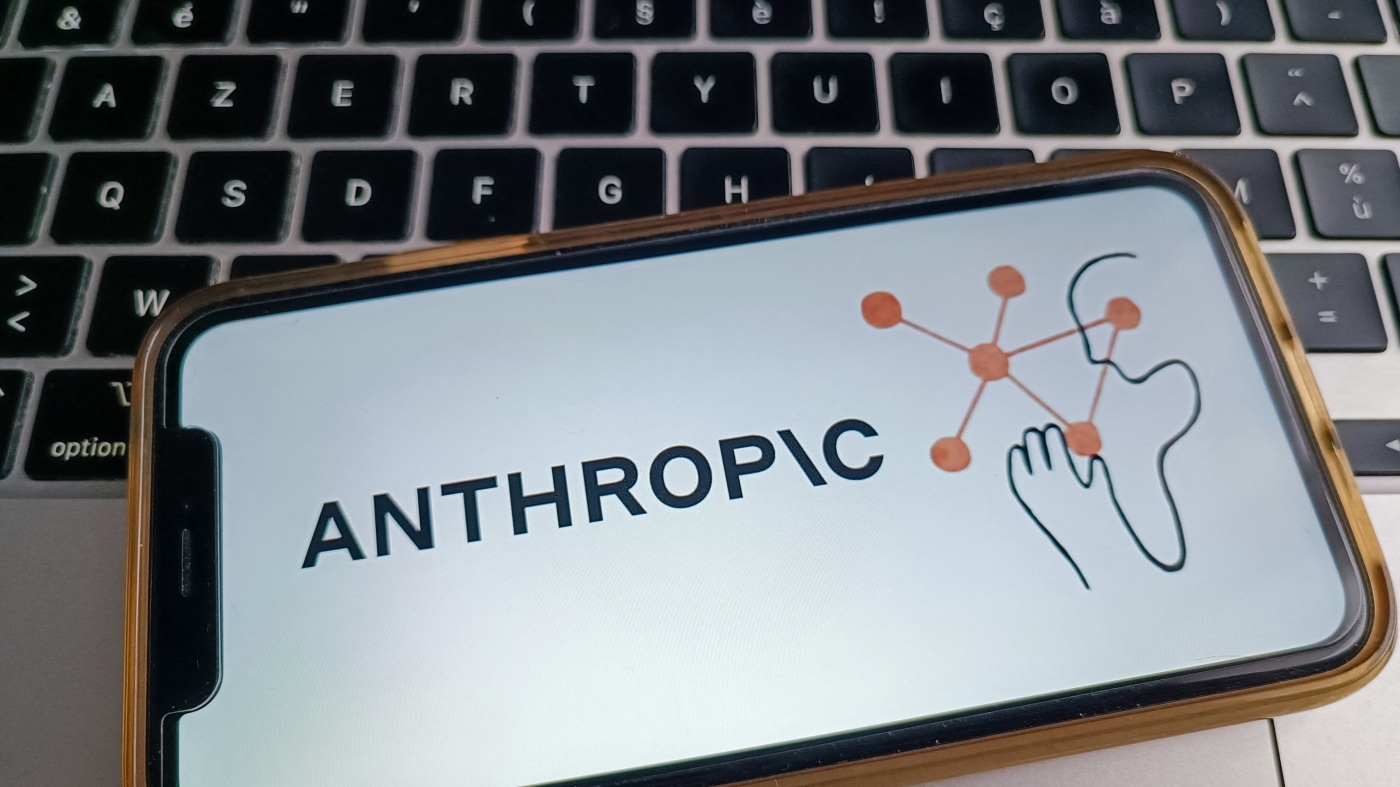
In September 2025 Anthropic agreed to pay $1.5 billion to settle a class action by authors who said the company used pirated books to train its Claude chatbot. The Anthropic copyright settlement is being described as the largest copyright settlement in U.S. history. Beyond the payout this case will reshape how companies approach AI training data copyright and sourcing.
AI developers have long built models on massive web data sets often assembled without explicit permission from creators. The Anthropic case exposed widespread use of so called shadow libraries that contain millions of copyrighted works distributed without authorization. The court found that while some use of books for research may fall under fair use and generative AI exceptions, acquiring material from illegal repositories crosses a legal line.
This Anthropic copyright settlement raises the cost of cutting corners on training data and creates strong incentives for AI companies to pursue formal dataset licensing and AI licensing agreements with publishers and authors. Expect industry wide audits of training data sets, potential retraining costs, and a surge in licensing deals as companies align with guidance from the U S Copyright Office AI report 2025 and other regulators.
For authors the outcome is both vindication and opportunity. The settlement establishes a precedent for compensation when works are used to train commercial models without permission. Creators may see new revenue streams through licensing arrangements and a stronger negotiating position when dealing with generative AI developers.
The case marks a turning point in AI copyright news 2025. It underscores that how training data is sourced matters as much as how it is used. Companies can no longer claim ignorance about data provenance. Human oversight and transparent data governance will be critical as the industry moves from a freewheeling approach to one based on legitimate partnerships and clear rights for content creators.
The Anthropic settlement sends a clear message: illegal acquisition of copyrighted material for AI training carries significant legal and financial risk. As AI training data copyright becomes central to compliance strategies, expect faster adoption of dataset licensing, stronger rights for authors, and more scrutiny from courts and regulators.



